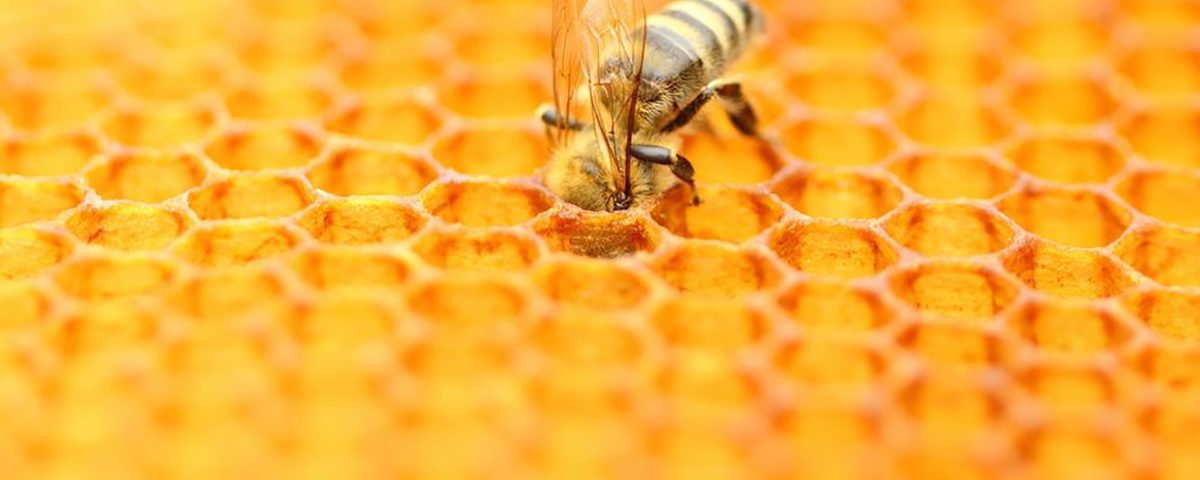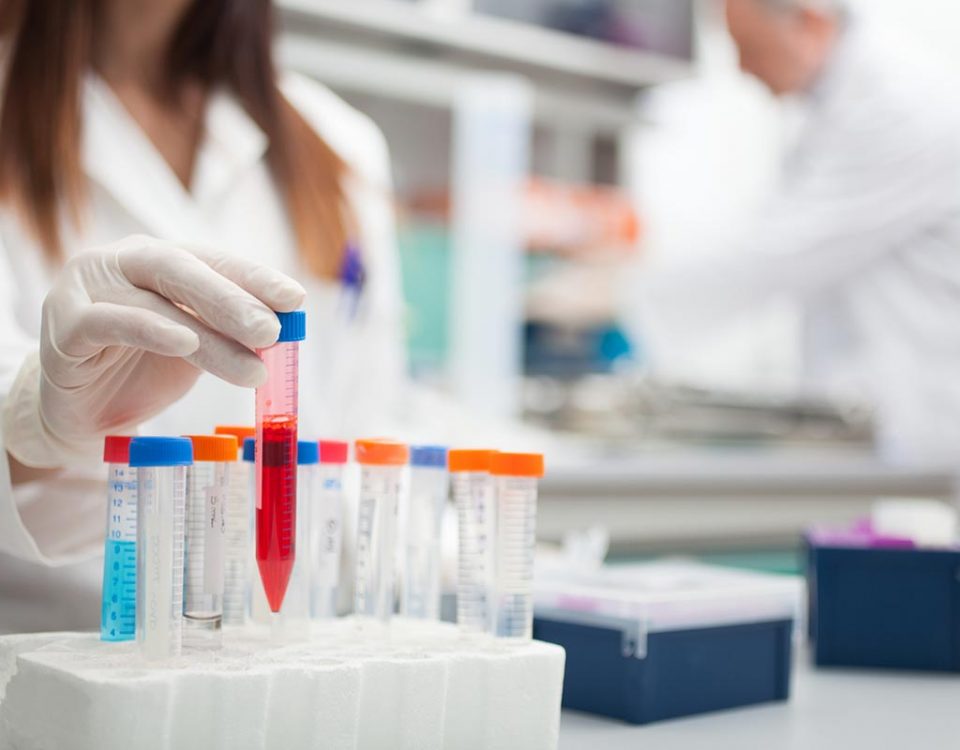- Have any questions?
- +60 19 387 2339
- saudagold@gmail.com
10 Health Benefits of Honey

Cleopatra’s Secret! Black Seed Oil
October 2, 2018
Ujian Klinikal & Kebaikan Habbatus Sauda
October 2, 2018Honey is one of the oldest sweeteners on earth. Lucky for us, it also has many health benefits and uses. Honey is so good, we have included it in our list of powerfoods that should be in your kitchen right now. Read on for 10 health benefits and uses for this golden sweetener.
“My son, eat thou honey, for it is good” — King Solomon – Proverbs: 24:13
Health Benefits:
1. Helps prevent cancer and heart disease:
Honey contains flavonoids, antioxidants which help reduce the risk of some cancers and heart disease.
2. Reduces ulcers and other gastrointestinal disorders:
Recent research shows that honey treatment may help disorders such as ulcers and bacterial gastroenteritis. This may be related to the 3rd benefit…
3. Anti-bacterial and anti-fungal:
“All honey is antibacterial, because the bees add an enzyme that makes hydrogen peroxide,” said Peter Molan, director of the Honey Research Unit at the University of Waikato in New Zealand. This contributes to the incredibly long shelf-life of honey.
4. Increases athletic performance:
Ancient Olympic athletes ate honey and dried figs to enhance their performance. This has now been verified with modern studies, showing that it is superior in maintaining glycogen levels and improving recovery time than other sweeteners.
5. Reduces cough and throat irritation:
Honey helps with coughs, particularly buckwheat honey. In a study of 110 children, a single dose of buckwheat honey was just as effective as a single dose of dextromethorphan in relieving nocturnal cough and allowing proper sleep.

6. Balances the 5 elements:
Honey has been used in Ayurvedic medicine in India for at least 4,000 years and is considered to affect all three of the body’s primitive material imbalances positively. It is also said to be useful in improving eyesight, weight loss, curing impotence and premature ejaculation, urinary tract disorders, bronchial asthma, diarrhea and nausea.
Honey is referred as “Yogavahi” since it has a quality of penetrating the deepest tissues of the body. When honey is used with other herbal preparations, it enhances the medicinal qualities of those preparations and also helps them to reach the deeper tissues.
7. Helps regulate blood sugar:
Even though honey contains simple sugars, it is not the same as white sugar or artificial sweeteners. Its exact combination of fructose and glucose actually helps the body regulate blood sugar levels. Some honeys have a low hypoglycemic index, so they don’t jolt your blood sugar. (Watch this video Sweetener Comparison where I compare stevia, brown rice syrup, honey, molasses and agave, and discuss the strengths and weaknesses of each.)
8. Heals wounds and burns:
External application of honey has been shown to be as effective as conventional treatment with silver sulfadiazene. It is speculated that the drying effect of the simple sugars and honey’s anti-bacterial nature combine to create this effect.
9. Is probiotic:
Some varieties of honey possess large amounts of friendly bacteria. This includes up to 6 species of lactobacilli and 4 species of bifidobacteria. This may explain many of the mysterious therapeutic properties of honey.
10. Helps improve skin:
Its anti-bacterial qualities are particularly useful for the skin, and, when used with the other ingredients, honey can also be moisturizing and nourishing. For a powerful home beauty treatment for which you probably have all the ingredients in your kitchen already, read Carrot Face Mask.

There are at least 40 types of honey, and each one has a distinctive taste and unique properties. Different honeys have different flavonoid profiles, depending on the floral source of the nectar.
Types of Honey (most popular)
- Alfalfa
- Blueberry
- Buckwheat
- Clover
- Manuka
- Orange Blossom
- Wildflower
Darker honey tends to have higher antioxidant levels. Monofloral honey (honey from a single plant species) usually has the lowest glycemic index (GI). For example, locust honey from the Black Locust tree has a GI of 32. Clover honey, which is used commercially, has the highest glycemic index at 69.
Honey Suggestions:
To reap the most benefits from your honey, make sure it is pure and raw. Raw honey contains vitamins, minerals and enzymes not present in refined honey.
Honey Cautions:
- Do not feed honey to infants. Spores of Clostridium botulinum have been found in a small percentage of honey in North America. This is not dangerous to adults and older children, but infants can have a serious reaction of illness in the first year. Do not add honey to baby food or use as a soother to quiet a fussy or colicky baby. Most Canadian honey is not contaminated with the bacteria causing infant botulism, but it’s still best not to take the chance.
- Honey is a sugar, so consume it in moderation. It has a high caloric value and will put you on a sugar high and low.
To cook with honey or not: There is some controversy about cooking with honey. While I personally have not found any problems with cooked honey, according to the Ayurveda Wellness Center, ”when honey is heated above 108 degrees Fahrenheit, it becomes transformed into a glue-like substance that is extremely difficult to digest.” When possible, try leaving honey raw.
I love my homemade dandelion flower pancakes topped with these healthy syrups (below). What are your favorite ways to enjoy honey?

Honey Recipes:
21 Science-Backed Health Benefits of Honey
Table of Contents [hide]
- Why Honey
- The Process of Making Honey
- Helps with Allergies
- Energy Booster
- Memory Booster
- Cough Suppressant
- Helps with Sleeping
- Helps with Dandruff
- Helps with Scrapes and Burns
- Helps with Herpes
- Can be Used as a Moisturizer
- Helps Soothe Acid Reflux
- Boosts the Immune System
- Helps Prevent and Fight Cancer
- Honey for Hangovers
- Helps with Acne
- Increases Sex Drive
- Treats Sinus Issues
- Treats Yeast Infections
- Helps with Gum Disease
- Is a Natural Sweetener, but Beware of Lame Honey
- Helps with Eczema
- Helps with Cholesterol
- Use Honey in Moderation





